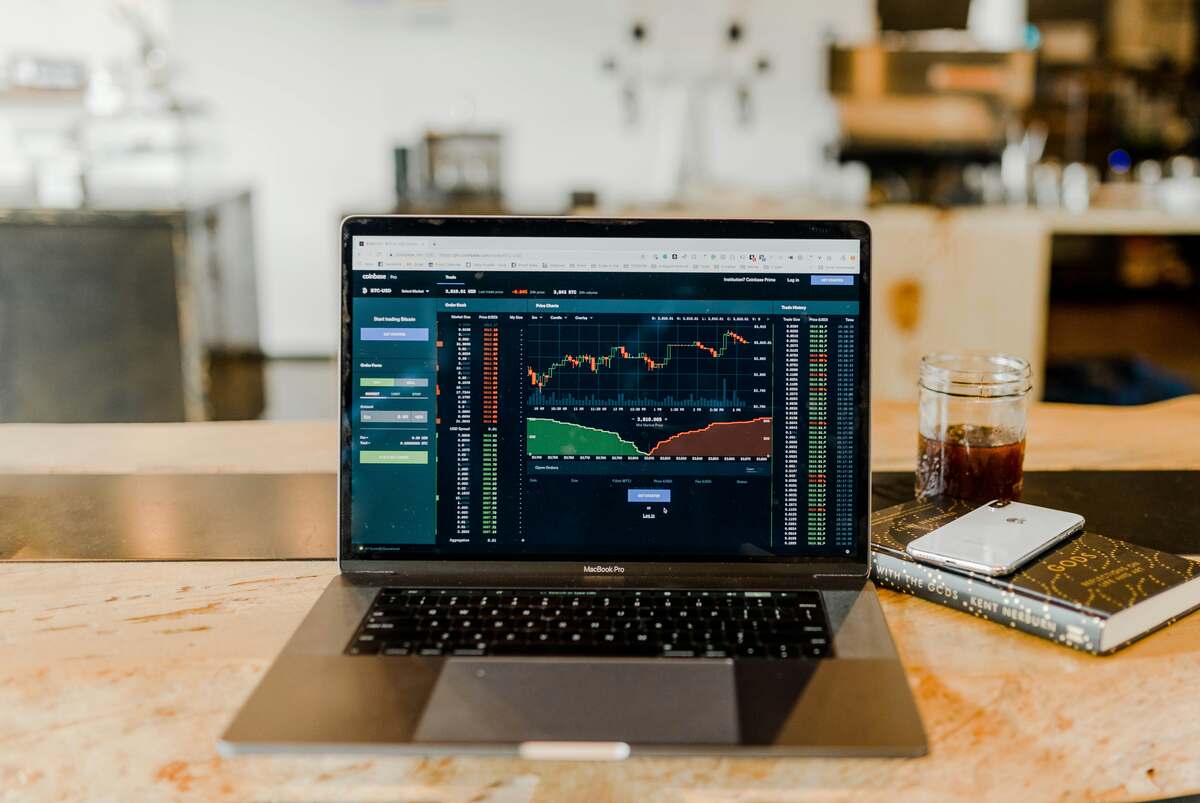Forex (Foreign Exchange Market) is an ever-evolving global marketplace for trading national currencies. Its unpredictable movements are challenging to comprehend and often lead to significant financial losses for traders and businesses alike. The best guide to finding forex robot.
AI’s predictive modeling capabilities give an inside view into future currency trends. By sifting through massive amounts of data to find patterns and indicators that elude even experienced traders, these predictive capabilities provide a glimpse of future currency movements.
Real-time analysis
Forex (Foreign Exchange Market), the global marketplace that trades currencies influenced by economies and geopolitical events, has been transformed by digital advancements. Artificial Intelligence (AI) now plays a crucial role in Forex by providing advanced trading analysis and unprecedented efficiency. AI allows traders to sift through large datasets more effectively while making informed trading decisions and anticipating currency price movements to help predict trends within the market.
AI-powered systems process large sets of data in real time and use predictive analytics to predict market fluctuations while also eliminating emotional biases and keeping traders disciplined during volatile markets. Furthermore, these systems can even create a strategy tailored to you by automatically placing trades with stop-loss and take-profit levels adjusted automatically – so as to eliminate impulse decisions while increasing profit potential.
Traders should select an AI forex platform with proven track records and advanced machine learning technology. Furthermore, they must ensure they adhere to standard regulatory compliance guidelines to avoid making unapproved trades while keeping transactions transparent and accountable; doing so may prevent financial losses and legal action and provide them with protection from financial loss and legal action. A good AI forex platform will include a robust reporting system that easily highlights any violations for investigation.
Predictive modeling
AI in forex trading has revolutionized the industry, empowering traders to make informed trading decisions. AI’s predictive modeling capability gives traders a lens through which they can analyze patterns and forecast trends in the market – data analysis helps identify opportunities and maximize potential profits, while AI should not be relied upon as the only form of analysis or risk management strategy.
AI algorithms create predictive models with incredible accuracy that can assist traders in improving their trading performance. RNNs and LSTMs are tools used by traders to analyze time series data, news sentiment analysis, and other inputs to forecast currency price movements accurately. Furthermore, these models are adept at handling nonlinear relationships effectively while, combined with other predictors, improving accuracy while decreasing overfitting.
Predictive models allow traders to quickly identify market shifts and changes before they occur, helping them to make timely trading decisions that are likely to produce higher profit gains. AI systems are built for learning and adaptability; therefore, they can adjust their trading strategy based on new market patterns or global events more efficiently than human traders can.
AI predictive modeling offers many advantages yet is still susceptible to errors due to its complexity and interpretability. This poses a substantial problem for forex marketing AI, as inaccurate decision-making can result in costly mistakes.
Automated trading execution
AI is revolutionizing the forex trading industry, enabling faster and more accurate market analysis. AI algorithms can rapidly process massive volumes of data to uncover trends that cannot be seen with human eyes. This information can then be used to make informed trading decisions and optimize strategy execution, as well as help traders avoid emotional decision-making for more levelheaded trades.
Brokers now provide automated trading systems using AI to analyze and execute trades. These robots can scan the market for opportunities and buy or sell currencies at the right price to maximize profits; they can even be programmed to take specific risk levels to help avoid emotional decisions that could damage portfolios. It should be remembered, though, that trading robots do not replace human analysis; therefore, they should always be combined with additional insights and skills when making decisions.
GSD Capital stands out as an outstanding example of this type of forex platform with AI technology, combining predictive analytics with human oversight to produce optimal results. Their AI trading machine can predict market movements with uncanny accuracy while guaranteeing each trade is consistently risk-weighted; furthermore, their systems constantly learn and optimize performance for maximum impact.
Risk management
Forex AI trading can be an invaluable way of mitigating risks associated with fluctuating currency exchange rates. The forex market operates 24/5, and its unpredictable dynamics, influenced by economic data releases, central bank announcements, geopolitical events, and social media posts, require swift decision-making to maximize opportunities and minimize losses. However, implementing comprehensive hedging strategies may be financially prohibitive due to hiring skilled professionals or engaging costly consultants with expertise in forex markets and risk assessment that quickly add up costs.
Artificial Intelligence can aid FX risk management tasks by automating many associated with them, including monitoring market circumstances, assessing trade risks, and changing hedges. Furthermore, AI can identify new dangers that human traders might miss immediately, helping traders optimize their portfolios to maximize profit potential and portfolio returns.
AI has transformed how organizations approach hedging by using predictive models to identify risk factors and anticipate market movements. This improves an organization’s overall effectiveness and competitiveness while decreasing currency volatility exposure and manual intervention efforts. Furthermore, it reduces errors caused by human intervention by analyzing historical data to assess each trade’s associated risk; furthermore, it detects fraudulent activities immediately, safeguarding integrity within the forex market.


